Autores
Tutti gli articoli
Tutti gli articoli
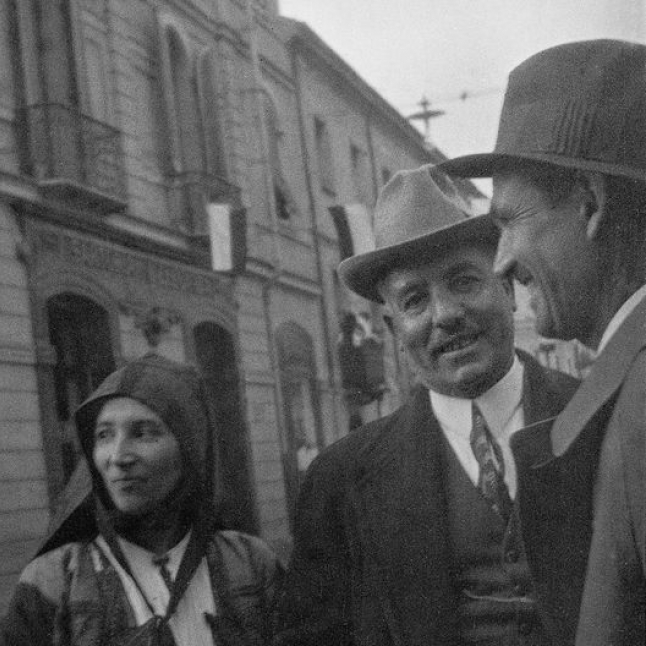
01 February 2016 Antioco Casula: Montanaru
One of the most known and important poets in Sardinian language is no doubts Antioco Casula, famous with the pseudonym of Montanaru. Born in November 1878 in Desulo, in the middle of Barbagia, Montanaru began testing himself with poetry since he was adolescent.
His youth life was scanned by two disastrous experiences of study, before in Lanusei and then in Cagliari, that forced him to leave school for enlisting in the Corps of Carabinieres. So, for the aspiring poet, began a phase of transfers into the Island, where he could be in contact with the various Sardinian dialects and testing the very big variety.
It was a crucial phase for the education of the young of Desulo.
It is exactly in this period that arises into him a certainty that will accompany him for the whole life: the importance of the preservation of Sardinian language, an essential media of communication of the community and a value founding the Island identity.
So, he decided to write in Sardinian language, preferring above all the logudorese, a dialectal kind so-called “literary”.
Began the first publications and his first young lines were inserted in a volume with the title Boghes de Barbagia (Voices of Barbagia). A publication that received great reviews.

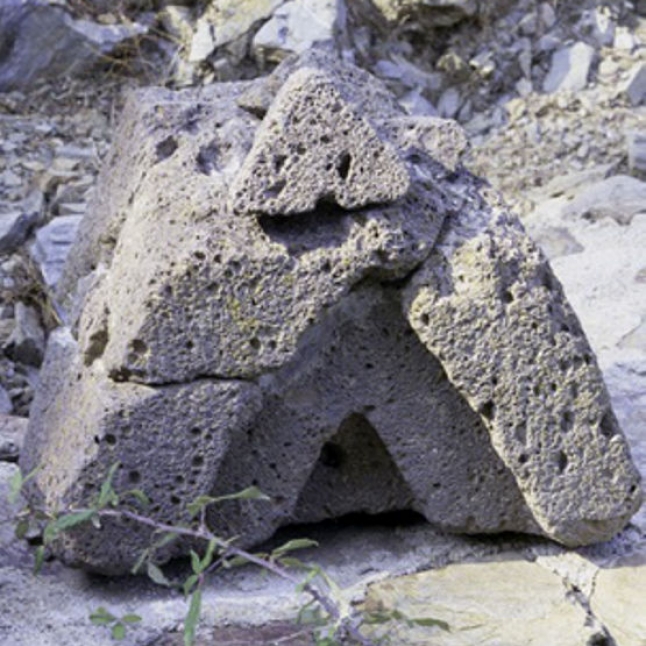
01 February 2016 Bachisio Zizi

01 February 2016 Davide Fara
The various kinds of art are able to fit together easily each other up to creating a perfect jigsaw puzzle. The artist shows his ability in the management of fields different one another, but joined by a specific affinity. Davide Fara, a Sardinian writer, eclectic and resourceful, could join music and literature, creating an amazing artistic branch.
When he was thirteen years old, Davide was captured by the musical studies and, in particular, by those about classic guitar. But, during the time, everything has changed and, when he finished attending the High School, «I felt the lack of books. When I was eighteen, I started writing», asserts Davide.

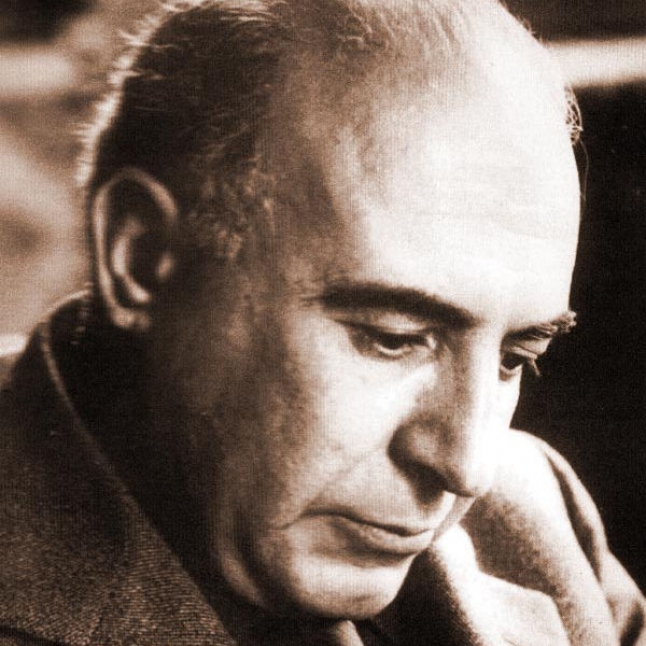
01 February 2016 Giuseppe Dessì
It is possible to explore Sardinia through the works of great authors, Sardinian and foreign. Each of them will tell about a Special Island (Lawrence, Vittorini, Wagner, Levi, Edwardes, Valery, Tyndale, for mentioning some of them) and a tormented Island (anyway real, fictionalized and suggestive, as that told by great Sardinian writers). Giuseppe Dessì is one of Sardinian authors who personified more than others this second way of describing the Island.

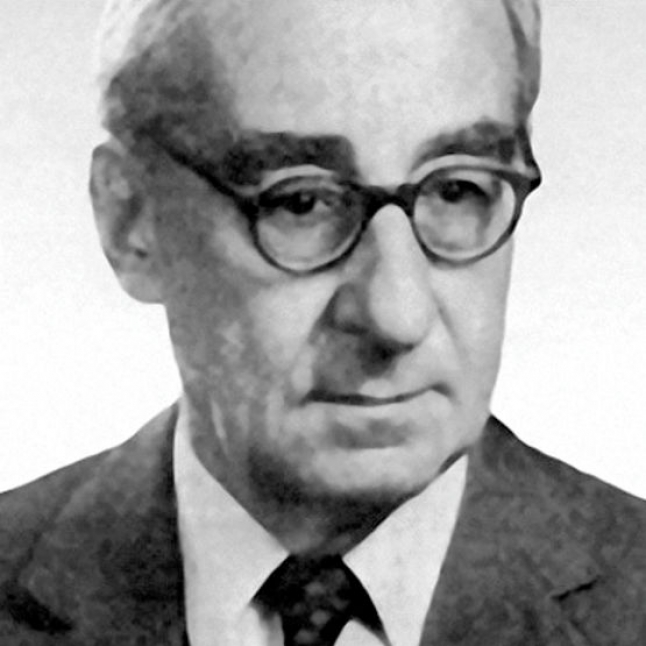
01 February 2016 The Doomsday
Considered one of the biggest Italian jurist, for Salvatore Satta, the true fame comes through literature: indeed, we remember him above all posthumous, after death in Rome in 1970.
Fortunately, his family, tidying up his old papers, found the manuscript The Doomsday, in which the Sanna Carboni Family’s events, on a background of the city of Nuoro, throbbing of life, intersect constantly with death and its darkness.

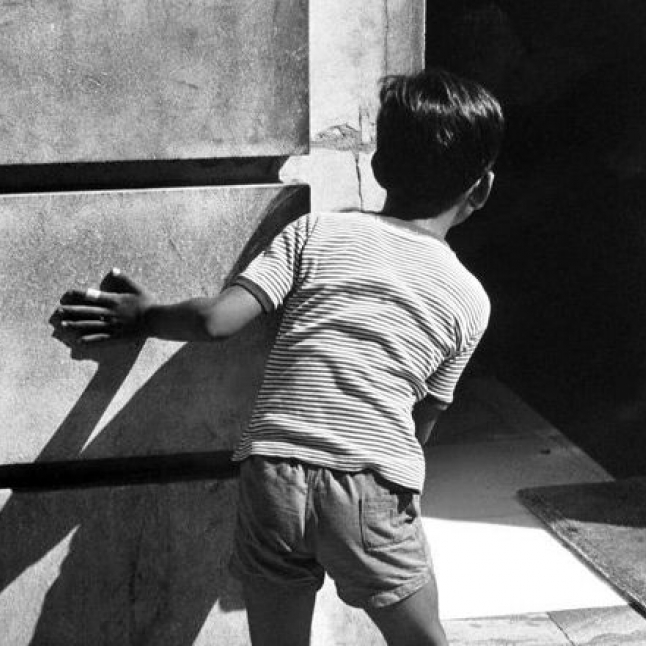
01 February 2016 Marcello Fois
Born in Nuoro in 1960, Marcello Fois, earned the Degree in Italian Studies - the study of the Italian language and culture – at the University of Bologna, the town where now he lives.
Through his novels production, he established himself as a writer of a specific genre, such that he is considered "one of the most pleasant authors of the Italian noir narrative".
He debuted through the novel Picta, thanks to which he won the Italo Calvino Award, and Recent Iron, whose title refers to the last of five phases of Nuraghe Civilization.
This is a front rank novel in the proof of the voluntary resistance of the people’s and usual culture, compared to the degenerating modernity.
It is a work characterized by the concreteness with which Marcello Fois uses the noir’s techniques and rhythms for telling about a generation tha, in the end, betrays itself; and for telling about a "story of terrorism in Sardinia, in Nuoro", the city to which the work is dedicated.

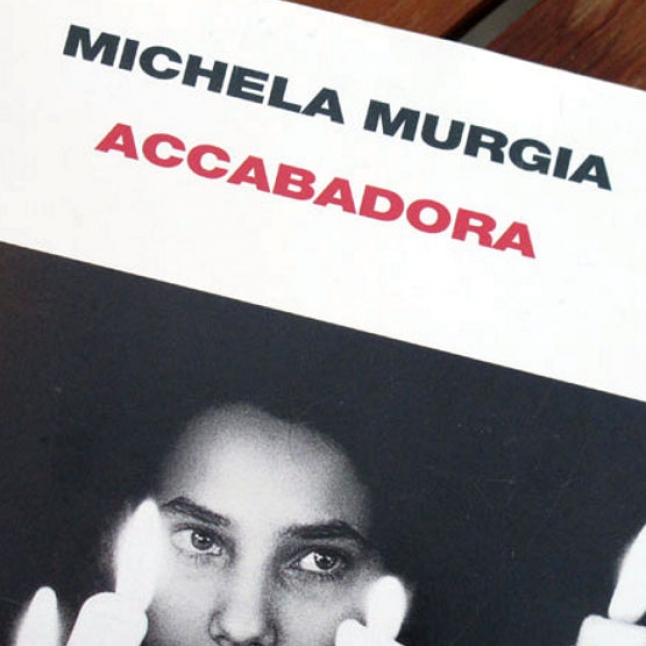
01 February 2016 Michela Murgia
Michela Murgia was born in Cabras, in Sardinia, where she attended the theological studies at the Institute of Religious Sciences of the Diocese of Oristano.
She had a Catholic Education that allowed her to do the activity of religious teaching until 1998, after which she dedicated herself to various working activities, among which that of telephone operator at the Kirby Company branch of Oristano.

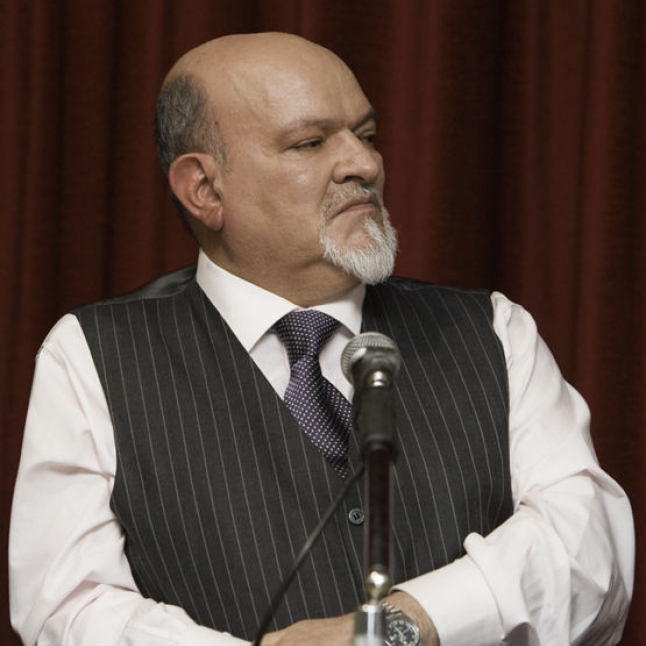
01 February 2016 Salvatore Niffoi
Orani, a small center of Barbagia, is the place of birth of one of the most operative and greatest spokespeople of the New Sardinian Literature, Salvatore Niffoi.

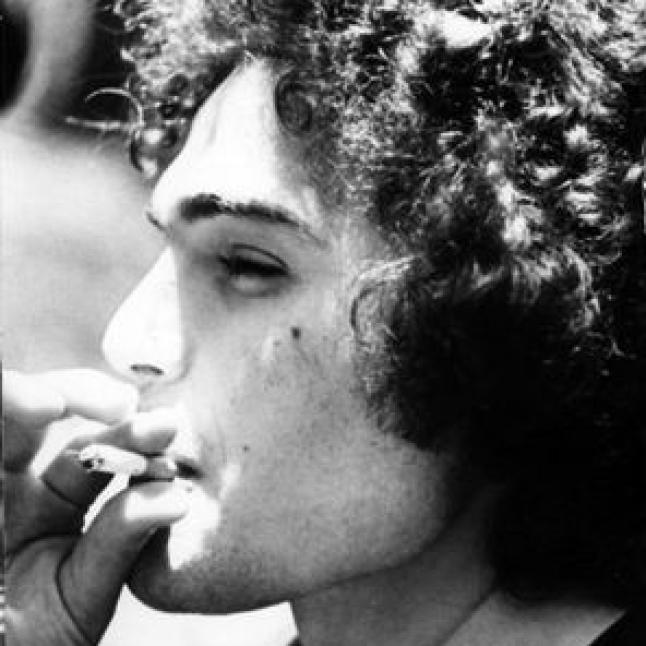
01 February 2016 Sergio Atzeni
Era il 6 settembre del 1995, una giornata calda d’estate. Sarebbe potuto e dovuto passare alla storia come un giorno qualunque.
Non fu così. In quel giorno la Sardegna perse uno dei suoi più grandi scrittori.
Se non fosse tragicamente annegato nel mare di Carloforte, oggi Sergio Atzeni, avrebbe sessantaquattro anni e avrebbe avuto ancora tanto da dire e da scrivere.
Giornalista prima che scrittore, Atzeni con la sua coerenza intellettuale, il suo rigore, la sua onestà, ha scritto pagine importanti, ha intrecciato bellissime storie e inventato lingue e personaggi.
Passavamo sulla terra leggeri, il suo ultimo romanzo, consegnato all’editore qualche giorno prima della sua morte, è una strepitosa rievocazione romanzata della storia della Sardegna, diventata un riferimento culturale e identitario per un intero popolo.
E non importa se nella narrazione di Atzeni, geografia e storia s’intrecciano non sempre correttamente, o se la lingua degli antichi sardi viene riproposta senza l'utilizzo di strumenti etimologici, bensì inventata, non importa se a raccontare sono per una volta i vinti, gli oppressi, i deboli, i miserabili della storia.
Sta proprio qui la grandezza di questo capolavoro: si rende l’elemento storico funzionale al romanzo, si cambia prospettiva, si mantiene la storiografia ufficiale ma la si depone su uno sfondo quasi invisibile e si parla per metafore, di miti, di una felicità appena intuita, di danze e di stelle e si ripercorre un lungo bellissimo viaggio con tante incognite e una consapevolezza nuova.
